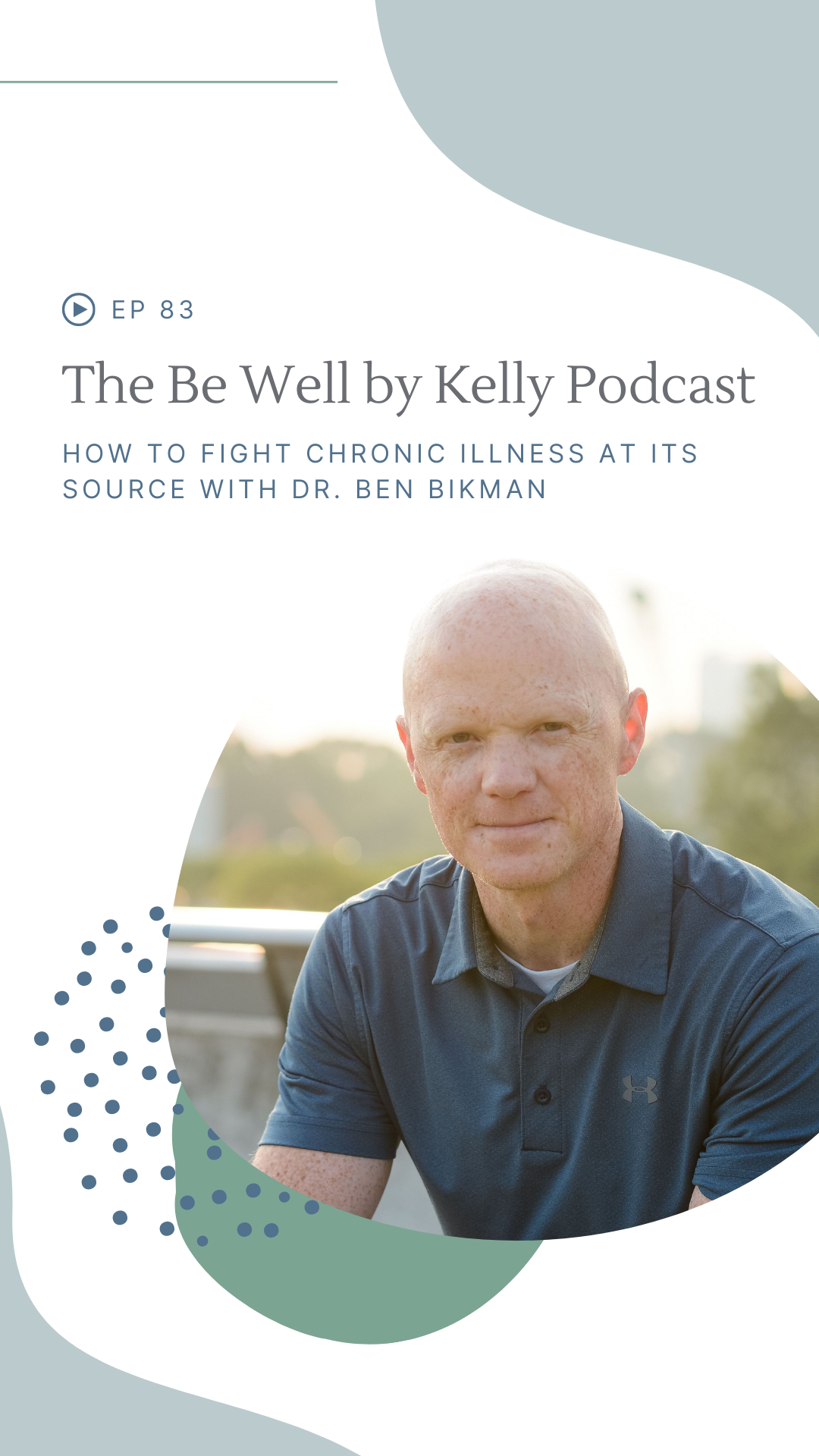
LISTEN ON: APPLE PODCASTS | SPOTIFY
Dr. Ben Bikman is a researcher and professor specializing in metabolic function, insulin resistance, and the drivers of metabolic disorders. He has a PhD in bioenergetics, he did a postdoctoral fellowship with the Duke National University of Singapore in metabolic disorders, and he’s currently exploring the contrasting roles of insulin and ketones as key drivers of metabolic function. Today, we talk about the rise of insulin resistance and the key drivers behind it, which is the hidden epidemic at the root of his book, “Why We Get Sick.”
Show Notes:
Insulin is a hormone made in our pancreas, and starch and sugar causes greater amounts of insulin to be released
Insulin lowers blood glucose and facilitates amino acid and fatty acid uptake
Fat cells are very sensitive to insulin, and fat cells store insulin when energy intake is high, fat cells cannot grow unless insulin is elevated
Insulin levels between 10-15 is ideal, but we don't currently have a way of getting this measurement continuously
The ability to shift between glucose and fat as energy sources is dependent on the presence of insulin
Leptin stimulates the production of the metabolic machinery that burns fat; not having enough leptin can lead to struggles with fertility
Insulin prevents the conversion of androgens to estrogen, meaning too much insulin can lead to difficulty with fertility and PCOS
As insulin resistance spreads, the risk of dementia, Alzheimer's, heart disease, and Type 2 diabetes increases
To lower overall insulin: control carbohydrates, eat fruit and veggies, prioritize protein and fat, and fast occasionally
When insulin is low for an extended period of time the liver begins burning fat, which can lead to ketosis and burning fat for fuel.
Low carbohydrate diets can assist with high cholesterol for some people, some see their LDL cholesterol go up, but often the ratio of HDL to LDL is still very healthy
Resources:
Instagram: @benbikmanphd
Twitter: @BenBikmanPhD
Read: "Why We Get Sick"
Connect with Kelly:
Instagram: @bewellbykelly
Facebook: www.facebook.com/bewellbykelly
Be Well By Kelly is a production of Crate Media





